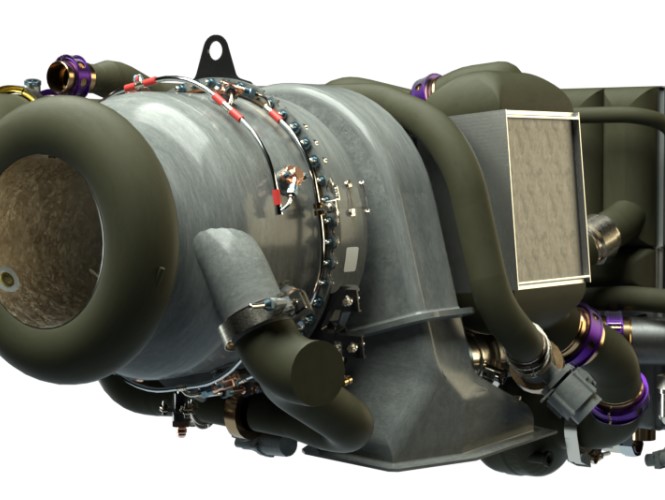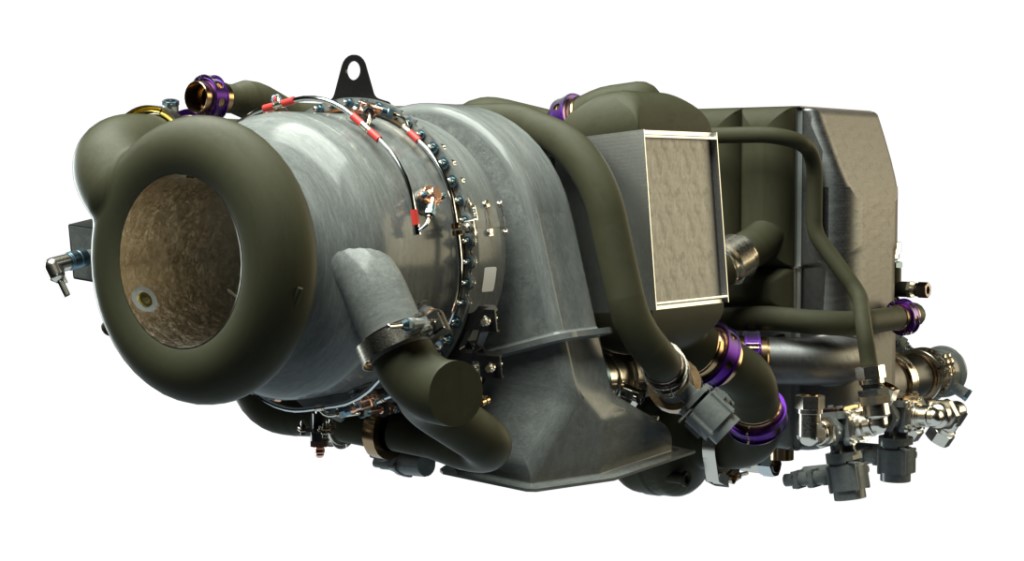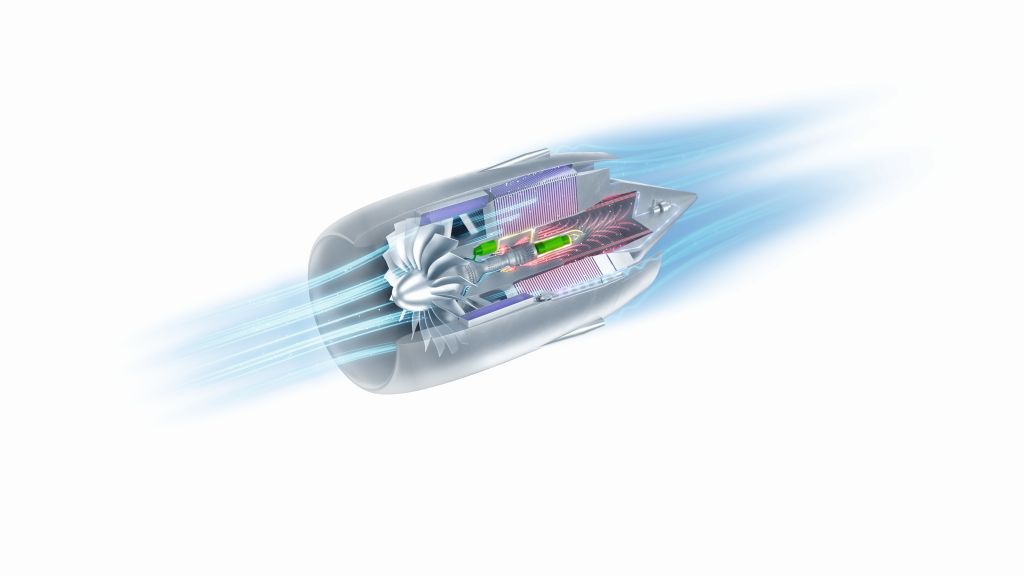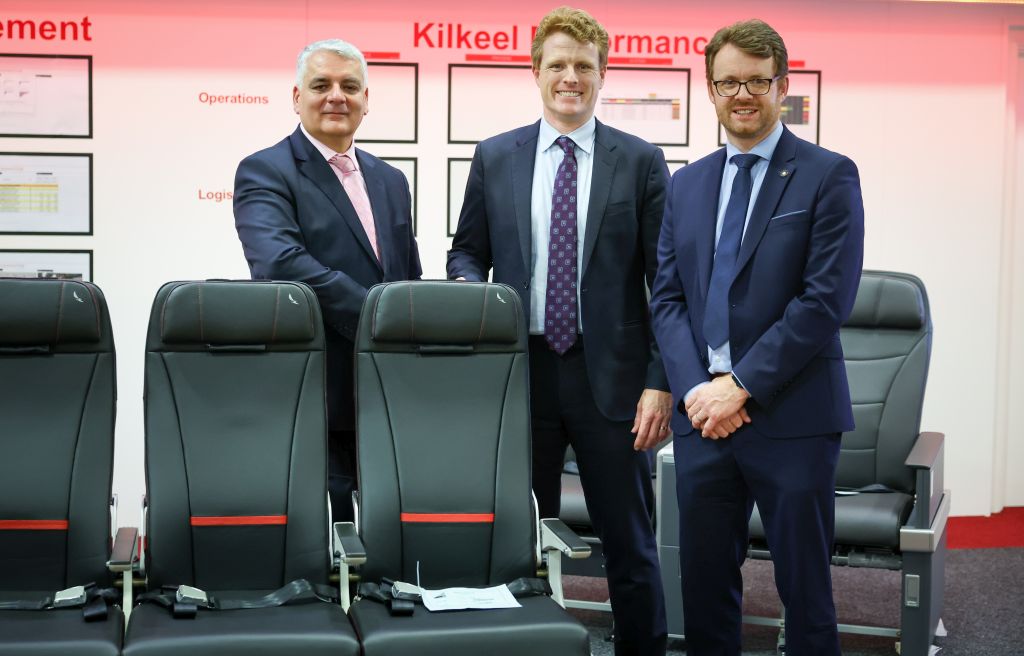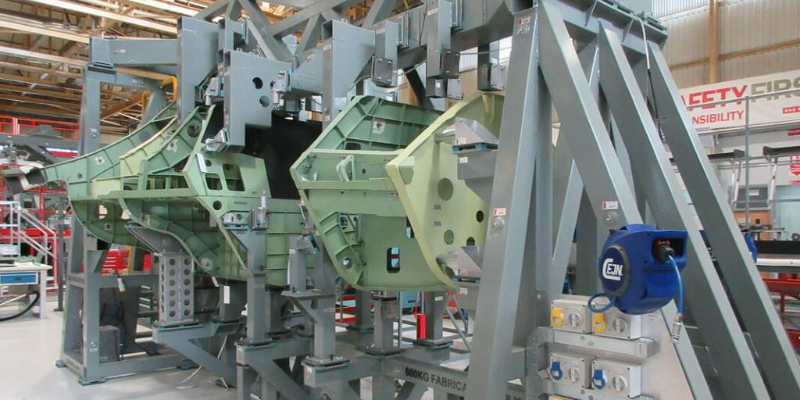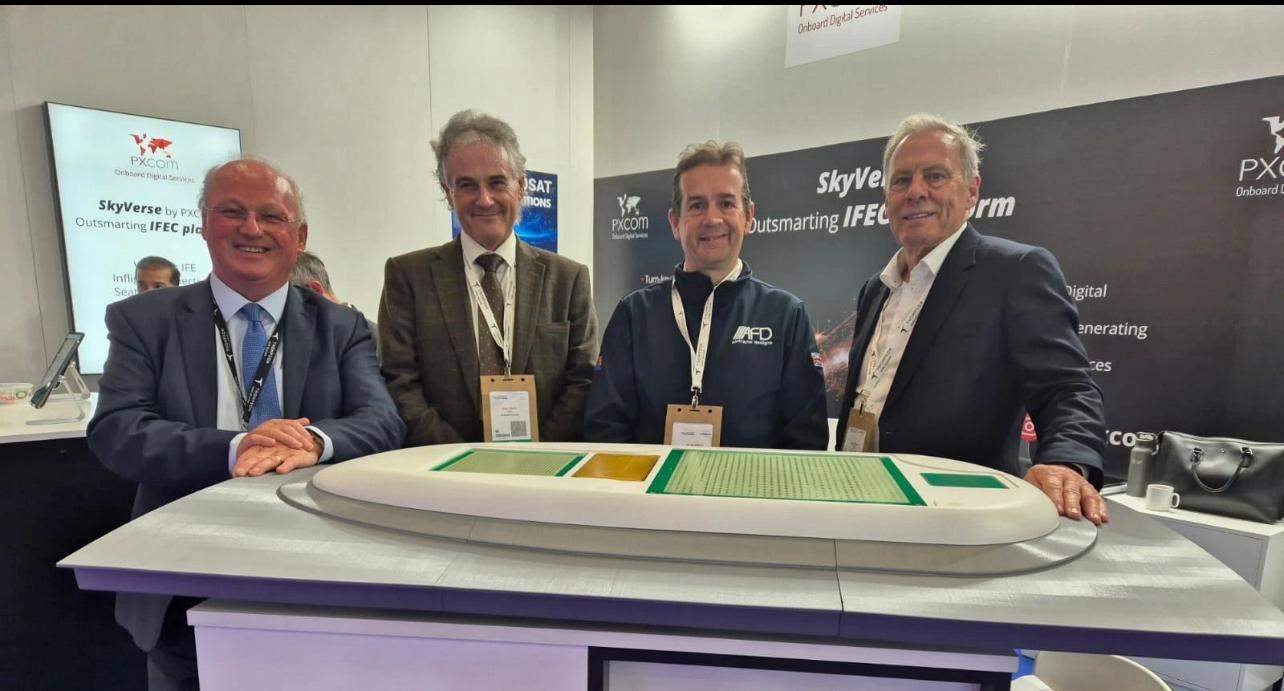
Collins’ new F-35 cooling system reaches ‘critical milestone’
30th Jan 2024 | In News | By Michael Tyrrell
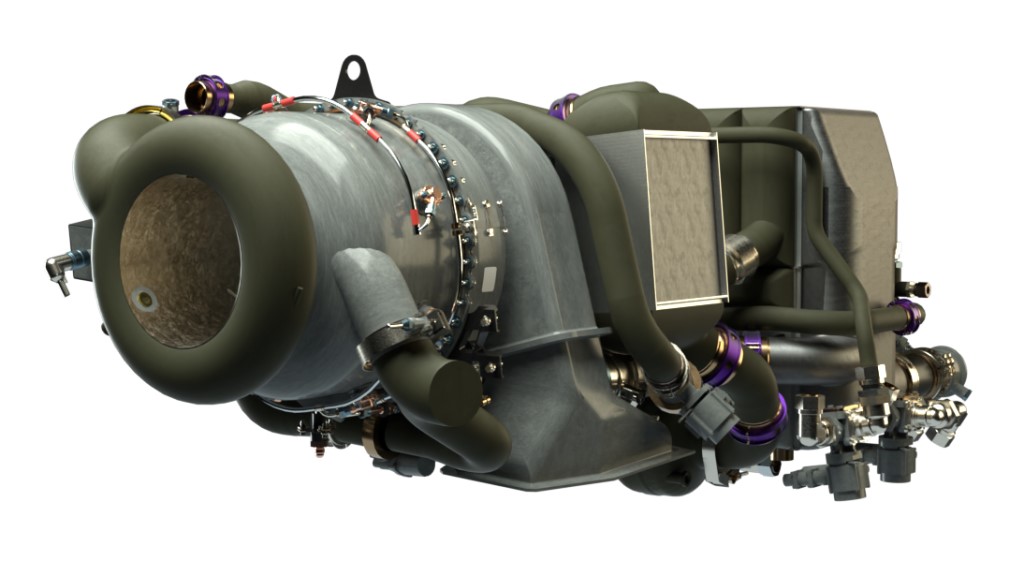
RTX has announced its Collins Aerospace business has demonstrated 80 kilowatts of cooling capacity across a range of operating conditions for its Enhanced Power and Cooling System (EPACS).
Targeted as a replacement to the current F-35 power and thermal management system (PTMS), EPACS is positioned to support F-35 modernisation and future upgrades that will help fighter jets meet their urgent mission requirements.
"The F-35 is a mainstay of allied forces around the world," said Henry Brooks, president, Power & Controls for Collins Aerospace. "In order to modernise the platform with advanced systems to counter emerging threats, a significantly enhanced cooling capability is required. Through its more efficient thermodynamic cycle, EPACS can deliver the increased cooling the F-35 needs and help extend the life of the aircraft for decades to come."
According to the Government Accountability Office, the F-35's existing PTMS, used to cool aircraft subsystems that generate heat, is overtasked, requiring the engine to operate beyond design parameters. The added wear on the engine has already added substantial costs to the program's lifecycle cost estimate.
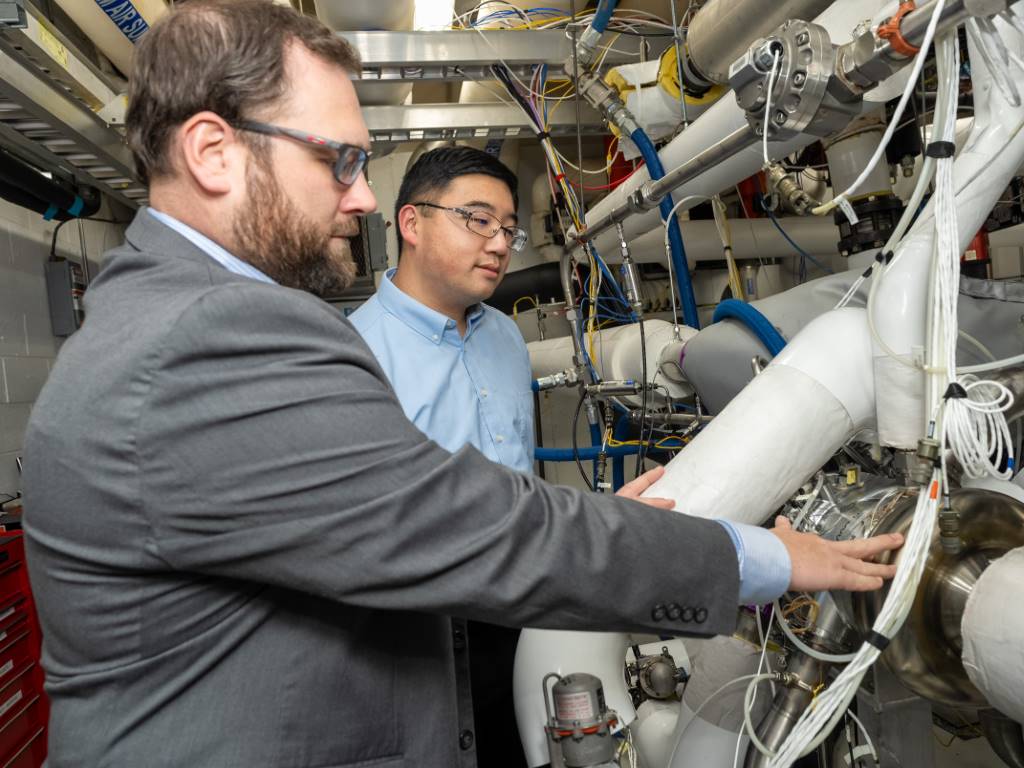
"Our service members urgently need an upgraded cooling and management system on the F-35 to keep pace with continuous modernisation of the aircraft's capabilities," said US Representative Joe Courtney. "The EPACS 80 kilowatts cooling capacity achievement demonstrates a critical milestone that will rapidly enable vital F-35 warfighting capabilities while resulting in substantial cost savings to the taxpayer."
The cooling demand is set to increase beyond current capabilities as additional mission systems are added to the platform as part of planned upgrades. Recently, the F-35 Joint Program Office posted an RFI (request for information) with a significantly expanded PTMS cooling capacity objective of 80 kilowatts.
By delivering 80 kilowatts of cooling, more than double the platform's current capacity, EPACS would provide enough cooling to support planned F-35 upgrades with additional margin for the life of the aircraft.
With millions of hours of in-flight experience for the cooling and power generation systems it supplies across multiple commercial and military aircraft, Collins has leveraged proven technologies to design EPACS as a mature, low-risk solution. To minimise integration and operational risk while maximising the value of existing F-35 assets in the field, EPACS is also intended to be compatible with all three platform variants.
Consider a free digital subscription
If you find this article informative, consider subscribing digitally to Aerospace Manufacturing for free. Keep up to date with the latest industry news in your inbox as well as being the first to receive our magazine in digital form.


